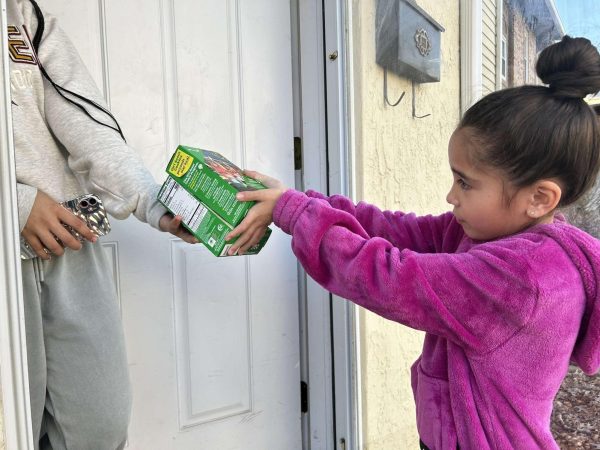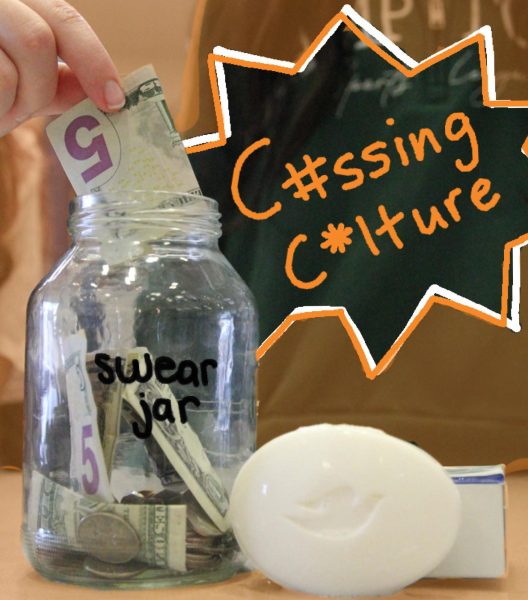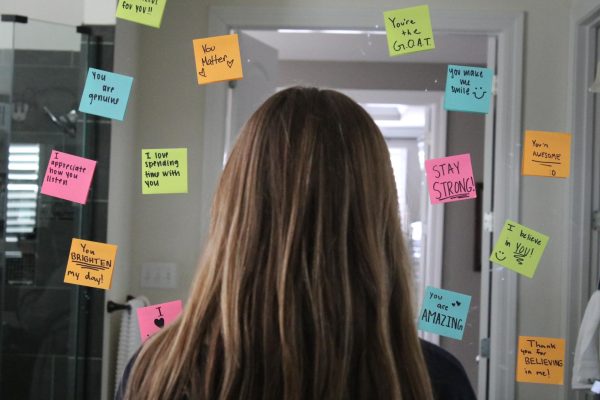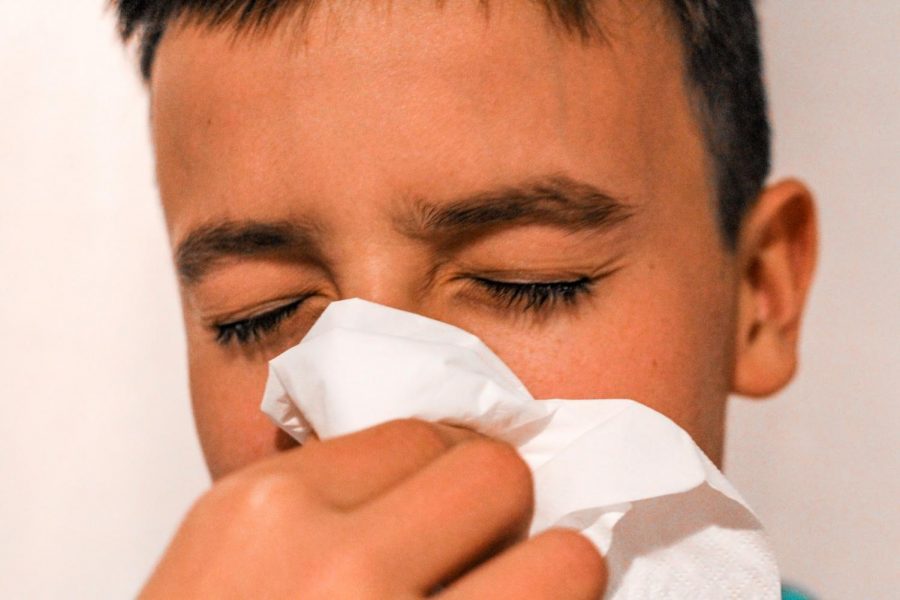Sneezing Stigma
Media by Liza Cooper
Previously just a normal bodily function, sneezing is now considered taboo activity during the pandemic.
The average human sneezes 4 times a day.
That didn’t use to matter. Before COVID-19, sneezing was just a normal bodily function. If done in public, no one would take a second glance. But now, sneezing around others is cause for a double take.
Because sneezing is a symptom of COVID-19, many are wary when others in public have to suppress their sniffling.
Reactions can range from flinching away from the sneezer to giving the offender a glare and pulling out Germ-X.
Jessica Unruh, nurse, has witnessed this firsthand. A student recently came into her office and told her they were feeling discriminated against because of the reactions they were eliciting by sneezing in the halls.
“The person was super uncomfortable and felt really horrible that everybody was staring at them when they were sneezing,” Unruh said. “It’s [basically] taboo to have any weird-sounding noise to come out of your mouth.”
But is this newfound fear of sneezing justified?
Aspiring nurse, Amanda Eshelman, senior, thinks so.
“People have every right to be concerned when someone close to them is sneezing,” Eshelman said. “When an infected person sneezes, they spread droplets containing the virus and if someone is too close to them or isn’t wearing a mask, the droplets from the sneeze can infect the people around [them].”
Sneeze droplets can fly up to a distance of 27 feet, way farther than the standard six feet apart rule that has been put into place since the start of COVID-19. This may concern some, but the introduction of masks has been effective in quelling the spread of airborne germs, according to the CDC.
Having a layer of extra protection is necessary to minimize the spread of infected sneeze droplets. The National Library of Medicine (NML) conducted a study in which they released infected particles into the air, stimulating a sneeze. Masks blocked a majority of the particles, causing NLM to conclude that masks are effective and should be duly used.
“As we all know, masks have been proven effective and we should all wear a mask when in public. If you have to sneeze, keep your mask on,” Eshelman said.
Even with the mask as a preventative measure, people are still afraid of hearing others “achoo” in public.
This fear is so prevalent that society has started to form a stigma around sneezing. A stigma is the disapproval of an individual based on their actions or characteristics, which are deemed wrong by society. One major motivating factor in forming a stigma is fear.
“What is known and isn’t known about how the virus is passed on and who will survive has caused some to become overly cautious and at times fearful,” said Corey Bartley, psychologist at Wild Horse Elementary and Rockwood Valley Middle School.
Our brains function differently under constant fear, causing hasty judgements and exaggerated reactions, making us more susceptible to forming stigmas.
But society should not let fear turn to hate, Bartley said.
“At times, fear and hate can become two sides of the same coin,” he said. “We have to be cautious not to let our fear enable us to ostracize, demean or belittle those that may or may not have the virus.”
Your donation will support the student journalists of Marquette High School. Your contribution will allow us to purchase equipment and cover our annual website hosting costs. You may become a PATRON by making a donation at one of these levels: White/$30, Green/$50, Blue/$100. Patron names will be published in the print newsmagazine, on the website and once per quarter on our social media accounts.

Liza Cooper, senior, is the Opinions Editor for the Marquette Messenger. This is her third year on staff. Liza loves to travel, take pictures, and be with...









Anna • Mar 9, 2021 at 11:19 AM
Hello!
Great article, but you probably don’t want to lead with a misrepresented statistic! The study linked to “4 times a day” actually says this: “more than 95% of the normal persons sneezed and blew their nose less than 4 times a day, on average.” I’d like to emphasize “sneezed AND blew their nose” and “LESS than 4 times.”
You might consider finding a more accurate stat to make the rest of your article more credible!
(SO sorry if I’m submitting this comment twice – I’m not sure it loaded the first time!)